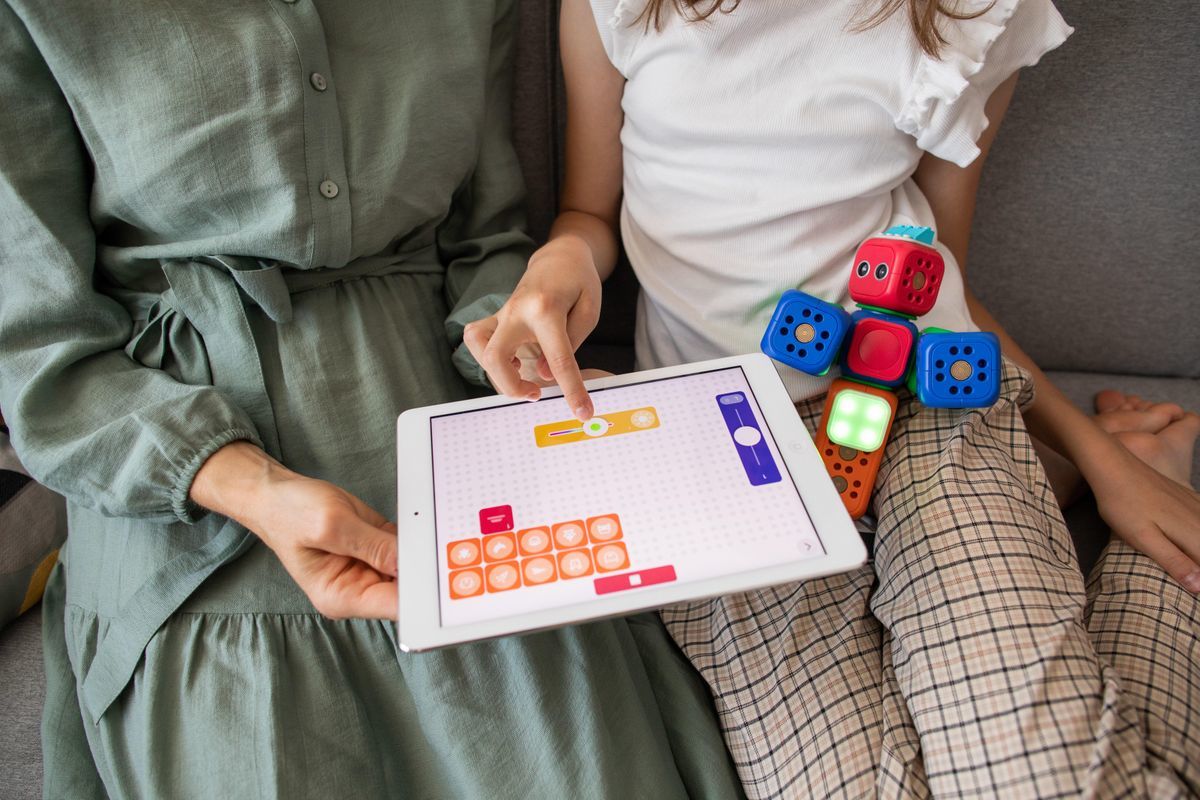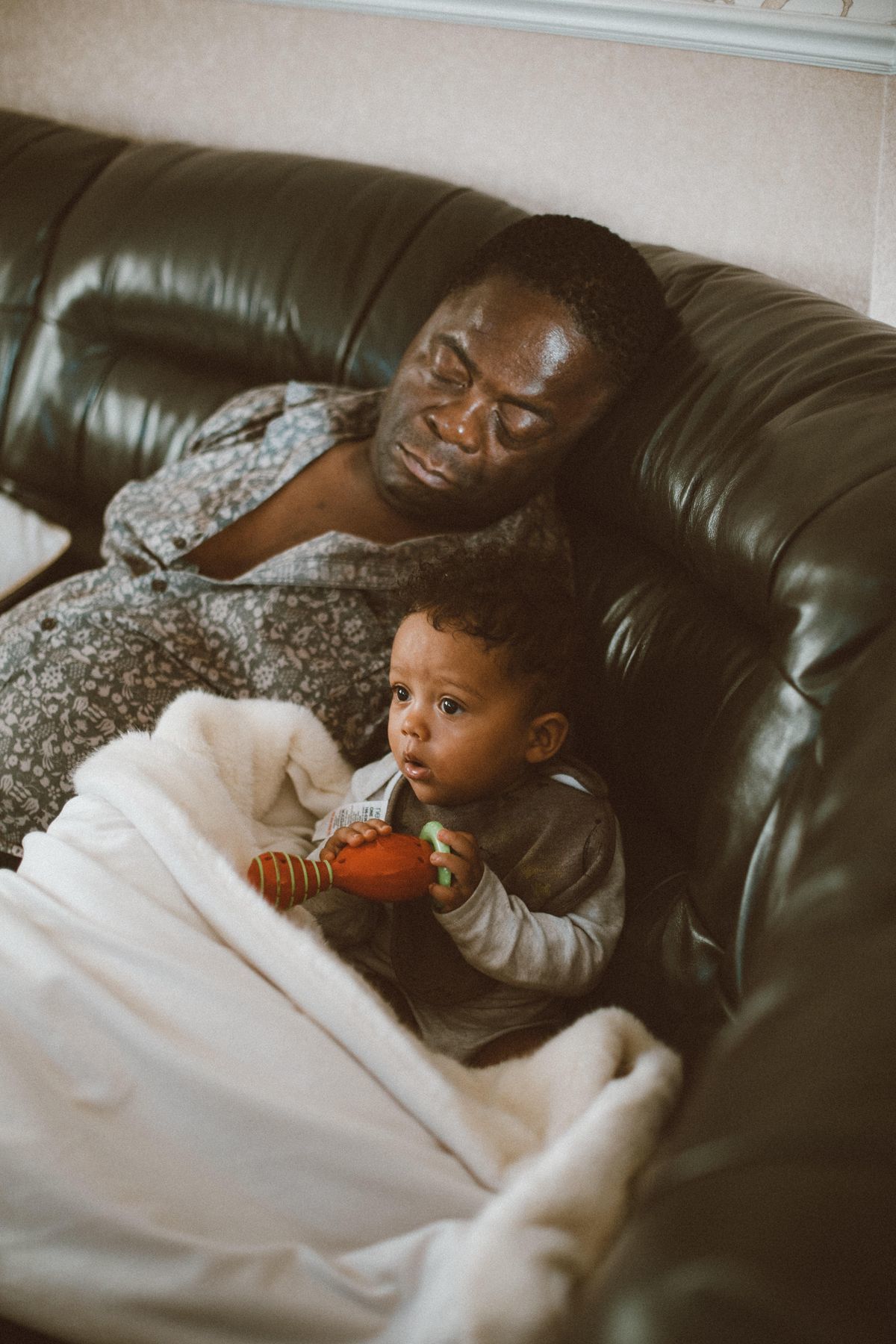Listen Carefully to Kids
We don't often think about it, but kids are some of the least privileged and powerful individuals in our community.
Kids need a voice.
It's up to adults to protect, create space for, and heed that voice.
- Don't monopolize the conversation with kids.
- Allow silence before you fill it with talking. Teachers call this "wait time." It takes kids a little longer to process their thoughts.
- Respond in some way, however small, to EVERY communication attempt from a kid. This includes them saying "mommy" apparently for no reason, as well as nonverbal communication, like pulling on your shirt or raising their hands in a classroom. It's good to acknowledge times when they even just look as if they have something to say. There's no harm done by saying "Do you have something to share?"
- Believe what kids tell you at first, even when they're being silly. Teach them to understand and articulate the difference between "joking" or "make-believe" and real life. They need to know that we take them and their needs seriously at all times.
- Don't change the subject because you get uncomfortable. Answer questions seriously in age-appropriate ways.
- Work on your reactions to what kids say. If your first response is anger or defensiveness or correction, kids will become intimidated and learn not to share information with you in the future.
- Don't ask a kid to keep a secret from their parents or caregivers. We need to teach kids that there should NEVER be secrets from their parents or caregivers. Kids should especially feel they can tell their parents or caregivers about anything that makes them feel uncomfortable, or negative emotions such as sadness, anger, fear, etc., Most of the time, kids will have misinterpreted a situation which allows us to help them explain and understand the world a little better. If your child is being abused or groomed for abuse, this rule could save her or his life.
If you can accomplish these things in your relationship with a kid, you may find that she is willing to tell you more information and can articulate her emotions more clearly. Healthy communication establishes trust.












